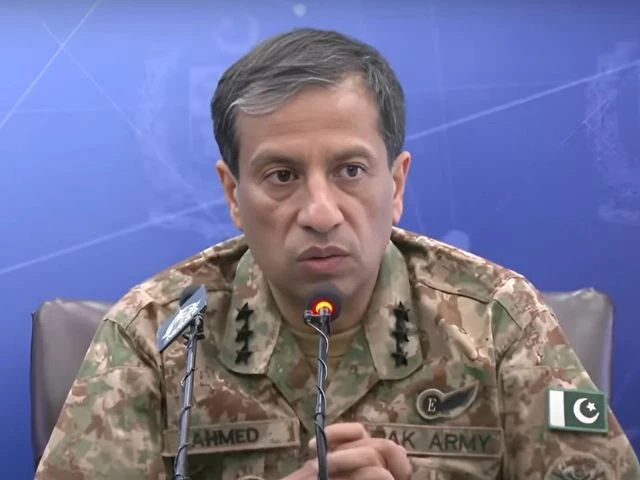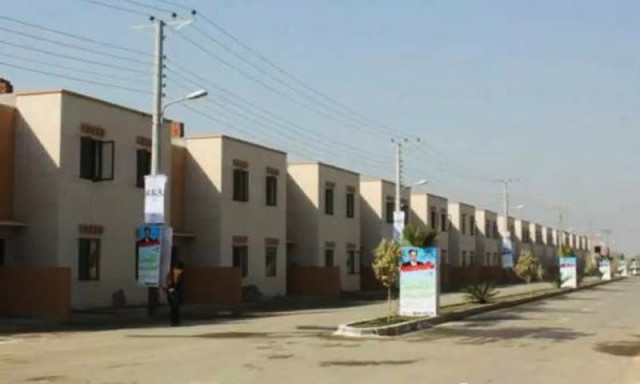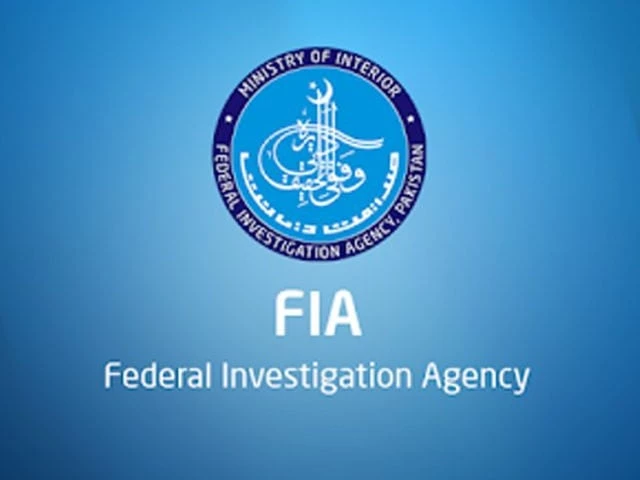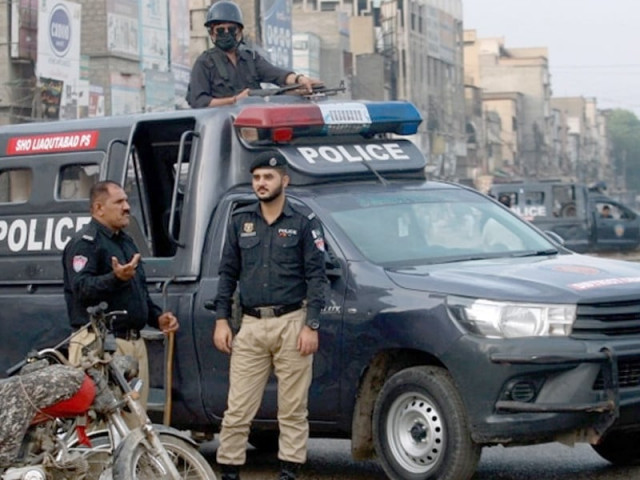The Complex Relationship Between Pakistan and India: Insights from ISPR’s Lt Gen Chaudhry
In recent discussions surrounding regional security, the role of international dynamics cannot be overstated. A vivid lens on this issue was provided by Lt General Ahmed Sharif Chaudhry, the Director General of Inter-Services Public Relations (ISPR) in Pakistan. During an interview on September 5, 2025, he made some striking claims about the involvement of Indian army officers and Afghan nationals in terrorist activities within Pakistan.
One of the central points Chaudhry raised was the enduring presence of Afghan refugees in Pakistan. With a historical context that stretches back four decades, he emphasized Pakistan’s commitment to humanitarian values by repeatedly extending the deadline for these refugees’ voluntary return. However, he argued that the original circumstances prompting their asylum, like foreign interference and civil wars, have largely dissipated.
Chaudhry didn’t shy away from pointing fingers either—he accused India of engaging in state-sponsored terrorism. He mentioned that violent events within India often stem from its own extremist policies, suggesting that New Delhi attempts to deflect these internal problems by blaming external factors. This kind of narrative can have serious implications for international relations and peace in the region.
One of the more unsettling revelations from the interview was Chaudhry’s assertion about the "authentic evidence" linking active Indian army personnel to terrorism in Pakistan. He urged the global community to take this evidence seriously, highlighting how Islamabad has repeatedly shared this information on international platforms. Addressing the longstanding Kashmir dispute, he called for the world’s assistance in resolving it, urging that the influence of extremism on India’s military institutions is worrying.
Chaudhry’s reflections also encompassed Pakistan’s steadfast rejection of non-state actors engaging in militancy. He asserted that only the state holds the authority to declare jihad and emphasized that Pakistan strives for a future devoid of militia or armed groups.
As a front-line state in the fight against terrorism, Pakistan has paid a hefty price. Chaudhry mentioned the concerning issue of leftover weapons from the U.S. withdrawal from Afghanistan, which are reportedly being utilized in attacks against state forces in Pakistan—an issue that has gained the attention of the United States.
In closing, Lt Gen Chaudhry acknowledged Pakistan’s strategic relations with China while recalling impactful historical moments, such as U.S. President Donald Trump’s involvement during times of heightened tension between Pakistan and India. He also pointed out the U.S. designation of the Majeed Brigade as a terrorist organization, highlighting the international community’s complex views on various groups operating in the region.
The regional landscape remains precarious and complex. As these narratives evolve, they remind us of the intricate web of historical, political, and social factors at play. To stay informed about these developments and enhance your understanding of geopolitical dynamics, engaging with platforms like Pro21st can provide valuable insights and resources.
At Pro21st, we believe in sharing updates that matter.
Stay connected for more real conversations, fresh insights, and 21st-century perspectives.





